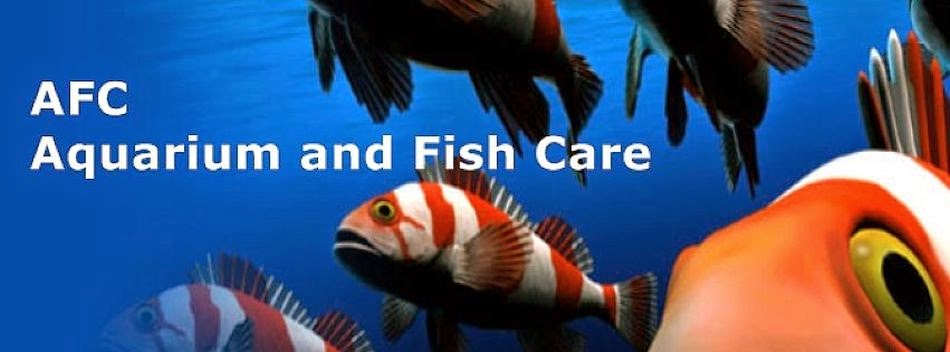Carbon dioxide is a crucial element of photosynthesis where plants rearrange molecules of carbon, hydrogen and oxygen to build basic sugar structures, which provide them and the rest of the food chain with energy. The right balance of carbon dioxide is important for plant growth and the continued health of your plants.
A Co2 deficiency is visible in the form of slower plant growth and a slow yet continuous rise in water pH. In many species of plants you will also notice calcium deposits on leaves, turning them a pale yellow or white depending on the severity of the condition. For many more demanding plants it is important to add additional carbon dioxide to the water as well as keeping other conditions favourable. However, too much carbon dioxide in the water can be detrimental to other aquatic life, striking a balance between the amount of oxygen and carbon dioxide is important.
In aquariums which do not contain live aquarium plants shortages of oxygen are one of the biggest problems, which can in part be corrected with air-stones which aim to offer better aeration. In the presence of excessive Co2 fish will spend a lot of time at the surface of the water, increased gilling is visibly noticeable and it seems as if the fish are struggling to breathe. With too much Co2 the fish will suffer and without enough, the plants will instead. To maintain balanced water chemistry carry out regular water changes and be proactive to changes in the aquarium environment.
It may be necessary to add additional Co2 to the aquarium when growing aquatic plants, particularly if you are more experienced an have chosen to use more exotic species. There are a variety of options available if you decide to use carbon dioxide injections in the aquarium, from commercial systems to doing it yourself. If you keep plants with high demands of carbon dioxide, the larger the plants become the greater their need will be.

Maintaining a healthy balance where water chemistry is concerned requires attention to the aquariums and the inhabitants. Problems with a lack or macronutrients become visible in plants quickly, as do problems with an overload or deficiency of carbon dioxide. If possible it is often helpful to use water testing kits to get a general feel of what is in your water and if there is anything that you could change to the benefit of the aquarium.
Make your water cleaner and keep your fish happy. Find out you can do it with live aquarium plants. Article Directory: EzineArticles |

